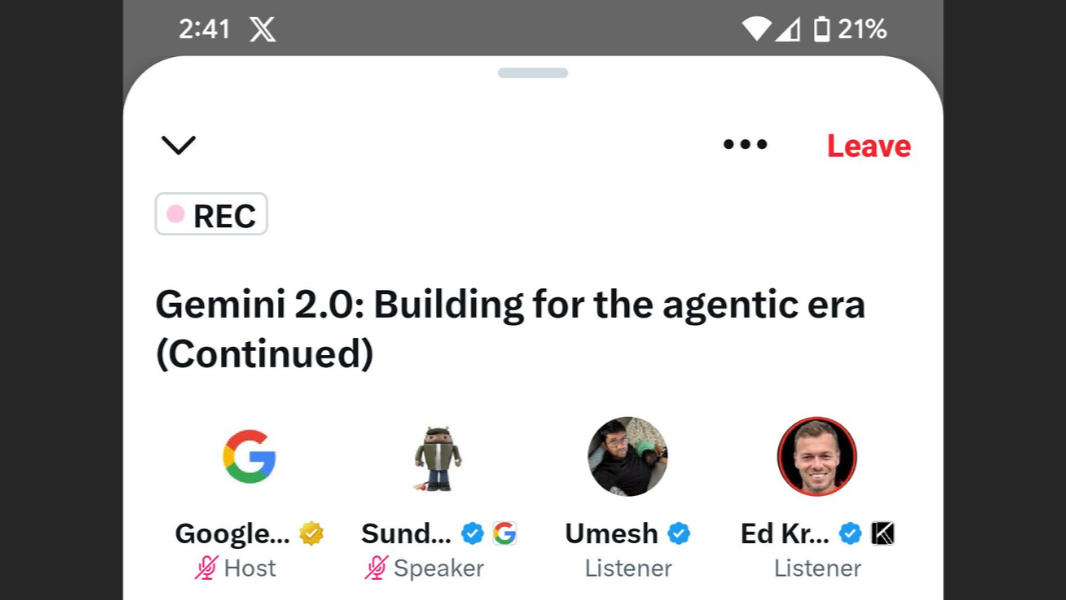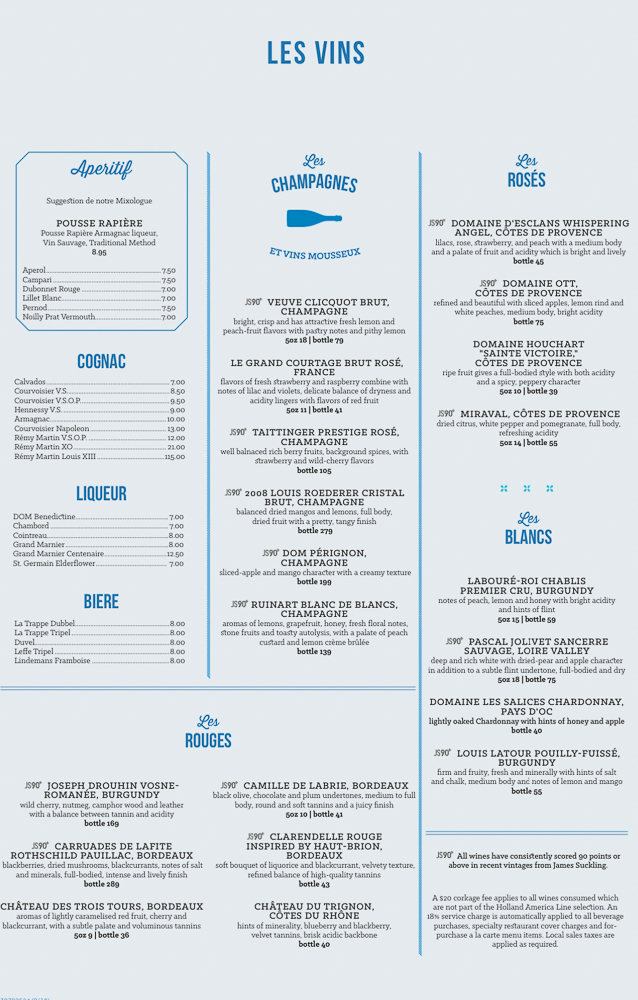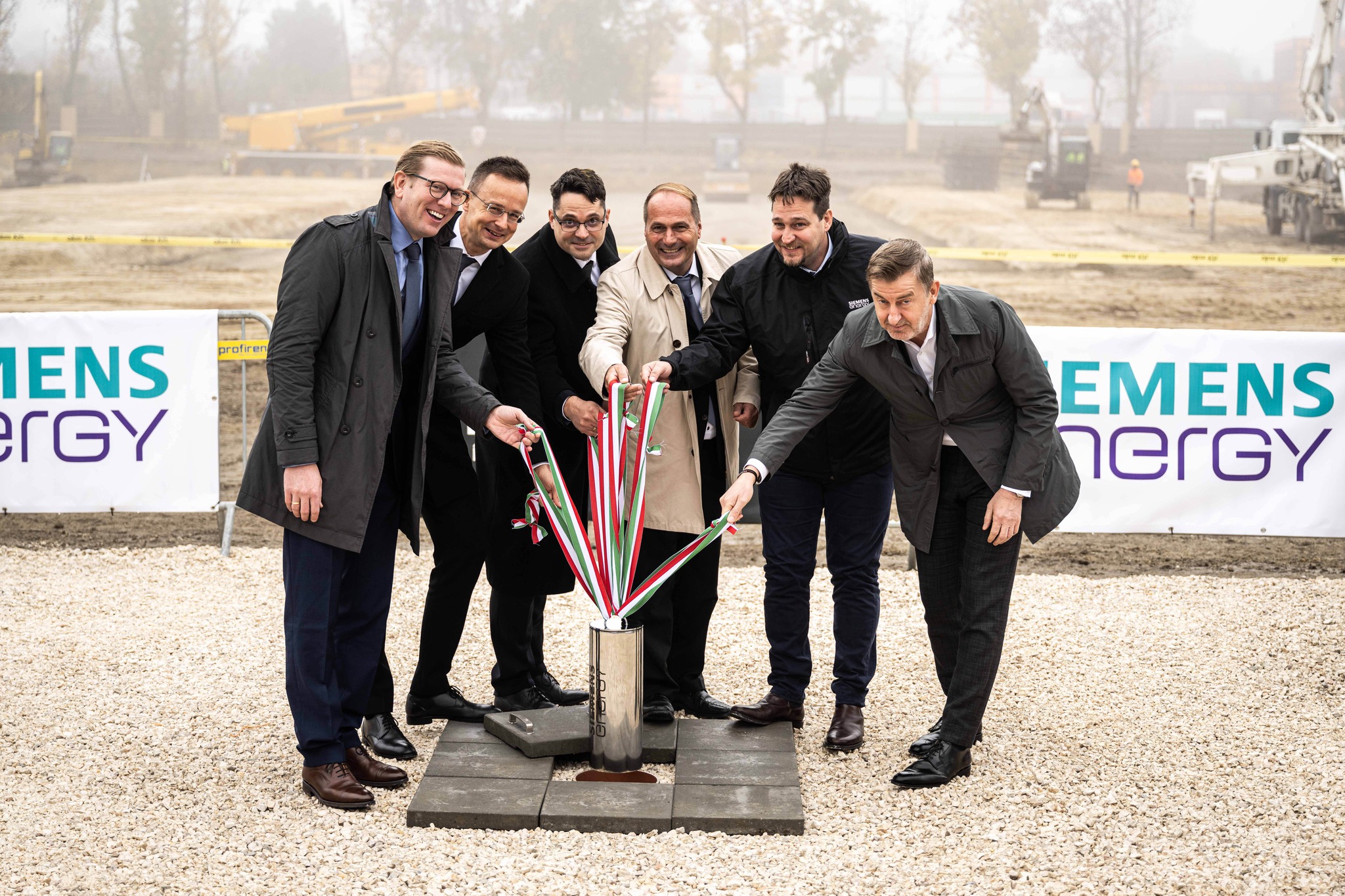Sundar Pichai's Vision: The Future Of Search, AI, And Chrome

Table of Contents
Revolutionizing Search with AI
Sundar Pichai's vision for search hinges on the transformative power of artificial intelligence. Google is moving beyond traditional keyword-based search, embracing AI to understand user intent and context with unprecedented accuracy.
Beyond Keyword Matching
Google's advancements in AI are revolutionizing how we search for information. The days of simple keyword matching are fading, replaced by a more nuanced understanding of user queries.
- BERT (Bidirectional Encoder Representations from Transformers): This groundbreaking AI model allows Google to better understand the context and meaning of words in a search query, leading to more relevant results.
- MUM (Multitask Unified Model): An even more powerful AI model, MUM can understand and process information across multiple languages and modalities, paving the way for truly multimodal search experiences.
- Multisearch: This innovative feature combines text and image search, allowing users to find information more efficiently by visually referencing objects or concepts.
- Improved Natural Language Processing (NLP): Advanced NLP algorithms enable Google to better interpret natural language queries, allowing for more conversational and intuitive search interactions.
- Personalized Search Results: AI algorithms tailor search results to individual users based on their past searches, preferences, and location.
These advancements significantly improve user experience by delivering more relevant and insightful search results. The future of search is about understanding the "why" behind a search, not just the "what."
The Rise of Conversational Search
Voice search and conversational AI are rapidly gaining prominence, fundamentally altering how we interact with search engines.
- Google Assistant: This intelligent virtual assistant allows users to perform searches and complete tasks using voice commands, making search more accessible and convenient.
- Integration with Other Google Services: Google Assistant is seamlessly integrated with other Google services like Maps, Calendar, and Gmail, creating a unified and interconnected experience.
- Implications for Mobile Search and Accessibility: Conversational search is particularly impactful for mobile users and individuals with disabilities, offering a more inclusive and user-friendly search experience.
The shift towards conversational search necessitates a change in SEO strategies. Businesses need to optimize their content for voice search queries and conversational language to remain competitive.
The Expanding Role of AI Across Google Products
Sundar Pichai's vision isn't limited to search; AI is deeply integrated into numerous Google products, enhancing their functionality and user experience.
AI-Powered Innovation in Google Products
AI is transforming the way we use Google's suite of applications.
- Google Photos: AI powers features like automatic photo organization, object recognition, and smart album creation.
- Google Translate: AI-powered translation services offer increasingly accurate and natural-sounding translations across numerous languages.
- Gmail: AI assists with smart compose, smart reply, and spam detection, streamlining email management.
- Google Maps: AI enhances navigation with real-time traffic updates, route optimization, and augmented reality features.
These AI-powered features enhance user benefits and convenience, making Google products more intuitive and efficient. The underlying AI technologies continually improve, leading to a more seamless and personalized user experience.
Ethical Considerations and Responsible AI Development
Google recognizes the ethical implications of AI development and is committed to responsible AI practices.
- Bias Mitigation: Google actively works to mitigate bias in its AI algorithms to ensure fairness and equity.
- Data Privacy: Protecting user data is paramount, and Google employs robust security measures to safeguard user information.
- Transparency in AI Algorithms: Google strives for transparency in its AI algorithms, explaining how they work and their potential impacts.
These initiatives demonstrate Google's dedication to developing AI responsibly, ensuring that its advancements benefit society as a whole.
The Future of Chrome and the Web
Sundar Pichai's vision extends to Chrome, which is evolving beyond a simple browser to become a powerful platform.
Chrome's Evolution as a Platform
Chrome's capabilities continue to expand, impacting web development and user experiences.
- Progressive Web Apps (PWAs): PWAs offer a native app-like experience within the browser, blurring the lines between web and mobile apps.
- Chrome Extensions: A vast library of extensions enhances Chrome's functionality, customizing the browsing experience to individual needs.
- Cross-Device Synchronization: Seamless synchronization across devices ensures a consistent and convenient browsing experience.
These features empower web developers and users, shaping the future of web browsing and application development.
Chrome's Role in Supporting AI and Web3
Chrome is poised to play a crucial role in integrating with AI-powered tools and emerging technologies like Web3.
- Integration with AI Assistants: Seamless integration with AI assistants like Google Assistant will further enhance the browsing experience.
- Potential for Decentralized Web Applications: Chrome could become a gateway to accessing and interacting with decentralized web applications.
- Improvements in Web Security and Privacy: Chrome is continually improving security and privacy features, safeguarding user data and protecting against online threats.
Chrome's adaptability will determine its continued relevance in the ever-evolving technological landscape, positioning it as a central component of future web experiences.
Conclusion
Sundar Pichai's vision is profoundly shaping the future of technology. His emphasis on AI-powered search, the integration of AI across Google's product suite, and the evolution of Chrome as a platform are transforming how we interact with the digital world. The ethical considerations surrounding AI development are also central to this vision, ensuring responsible innovation that benefits society. Stay updated on Sundar Pichai's vision and the future of Google’s innovative technologies by following our blog and subscribing to our newsletter. Learn more about the evolving landscape of search, AI, and Chrome today!

Featured Posts
-
 Freestyle Swimmer Komashko Announces Uc Davis Commitment
May 29, 2025
Freestyle Swimmer Komashko Announces Uc Davis Commitment
May 29, 2025 -
 Dont Miss Out Nike Sneakers From 39 At Revolve
May 29, 2025
Dont Miss Out Nike Sneakers From 39 At Revolve
May 29, 2025 -
 88 36 Rout Spring Valley Triumphs Over Spring Mills
May 29, 2025
88 36 Rout Spring Valley Triumphs Over Spring Mills
May 29, 2025 -
 The Impact Of Trumps Trade War A Wall Street Perspective
May 29, 2025
The Impact Of Trumps Trade War A Wall Street Perspective
May 29, 2025 -
 Invergordon Welcomes Nieuw Statendam A Boost For Easter Ross Tourism
May 29, 2025
Invergordon Welcomes Nieuw Statendam A Boost For Easter Ross Tourism
May 29, 2025
Latest Posts
-
 Le Combat Des Salaries D Amilly Pour Sauver L Usine Sanofi D Aspegic
May 31, 2025
Le Combat Des Salaries D Amilly Pour Sauver L Usine Sanofi D Aspegic
May 31, 2025 -
 Sanofi Ne Doit Pas Vendre Son Usine D Aspegic A Amilly Appel A La Mobilisation
May 31, 2025
Sanofi Ne Doit Pas Vendre Son Usine D Aspegic A Amilly Appel A La Mobilisation
May 31, 2025 -
 Amilly Mobilisation Contre La Vente Du Site Sanofi Producteur D Aspegic
May 31, 2025
Amilly Mobilisation Contre La Vente Du Site Sanofi Producteur D Aspegic
May 31, 2025 -
 1 9 Milliarden Us Dollar Sanofi Erweitert Portfolio An Autoimmun Medikamenten
May 31, 2025
1 9 Milliarden Us Dollar Sanofi Erweitert Portfolio An Autoimmun Medikamenten
May 31, 2025 -
 Autoimmunkrankheiten Sanofi Taetigt Milliarden Deal Fuer Neue Therapie
May 31, 2025
Autoimmunkrankheiten Sanofi Taetigt Milliarden Deal Fuer Neue Therapie
May 31, 2025
